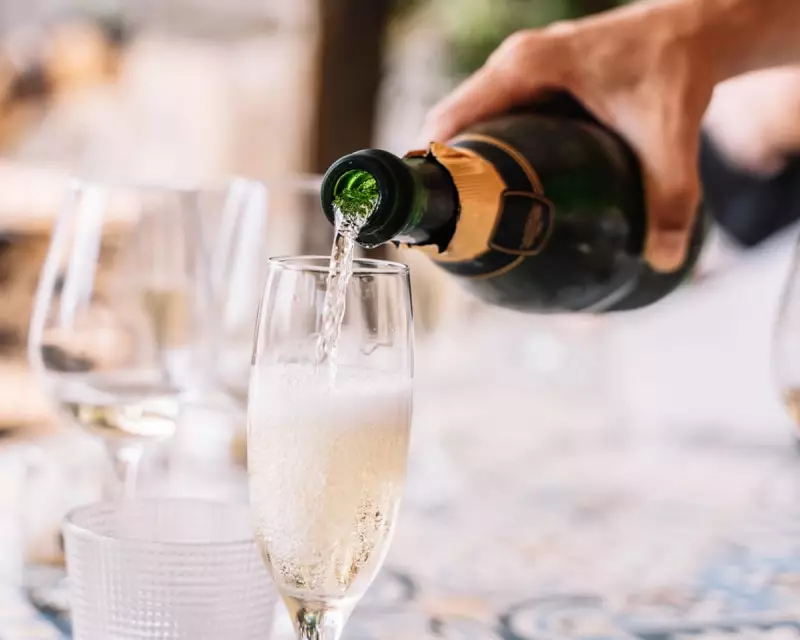
The prestigious Comité Champagne, guardian of the famous French sparkling wine's protected status, has launched a formal challenge against Della Vite, the Prosecco brand founded by models and socialites Cara and Poppy Delevingne.
The Heart of the Controversy
At the centre of the dispute are marketing claims that Della Vite produces Prosecco with "Champagne quality." The French regulatory body has taken issue with this terminology, arguing it creates confusion in the marketplace and potentially dilutes the strict standards associated with the Champagne name.
The Comité Champagne has a long history of fiercely protecting its designation of origin, which specifies that only sparkling wine produced in France's Champagne region using specific methods can bear the famous name.
Della Vite's Defence
Della Vite, launched in 2020 by the Delevingne sisters alongside their entrepreneur sister Chloe, has positioned itself as a premium Prosecco brand. The company has defended its marketing language, stating they aim to highlight their commitment to high production standards rather than directly comparing their product to Champagne.
A spokesperson for the brand emphasised their focus on quality, noting their Prosecco is made from Glera grapes grown in the Valdobbiadene region of Italy and undergoes longer fermentation than many mass-market alternatives.
Industry Implications
This confrontation highlights the ongoing tension between traditional protected designations and modern marketing approaches in the competitive sparkling wine market. As premium Prosecco brands increasingly target the luxury segment once dominated by Champagne, such disputes are becoming more common.
Industry experts suggest the case could set an important precedent for how quality claims can be framed without infringing on protected geographical indications.
What's Next?
The Comité Champagne has initiated formal proceedings, though specific details of the legal challenge remain confidential. Both parties have expressed willingness to find a resolution, but the outcome could significantly impact how premium sparkling wines are marketed globally.
For now, consumers can expect to see continued debate about what constitutes "quality" in sparkling wine, and whether such descriptors should remain the exclusive domain of traditional wine regions.





